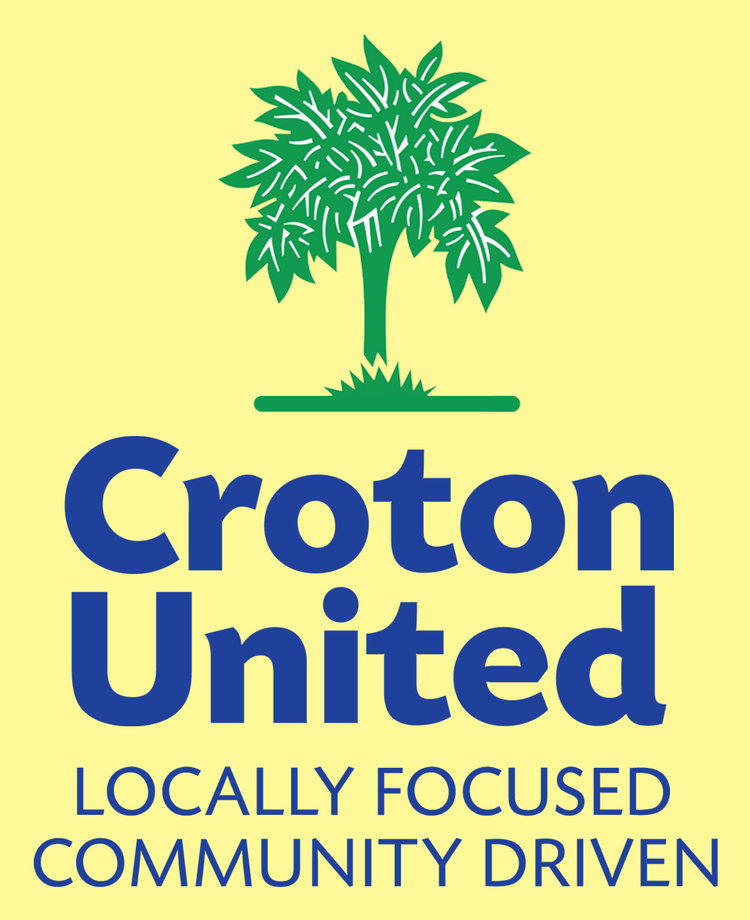In an article on LoHud.com Mayor Leo Wiegman is quoted making some fairly misleading statements about the ability of the Village of Croton to stop the traffic disruptions and potentially dangerous safety conditions caused by the annual Toughman race. According to LoHud (with our emphasis added in bold):
“Mayor Leo Wiegman said the village has no control over the event because the state Department of Transportation has given Toughman permission to close the state highway. And, he said, the village has no control over the park, either; it’s owned by Westchester County.
'My position is because those decisions are out of our hand, we need to work with the race as best we can so that our police department knows what the detours are and how to direct people,' Wiegman said.”
There are well-documented problems caused during the race in Croton by closing Route 9, particularly the significant traffic congestion on Riverside Avenue and Route 129 as innocent travelers going north or south on a major highway are unexpectedly diverted to poorly-marked local roads, trying to get to the one-lane Quaker Bridge across the river. Mayor Wiegman’s personally chosen former director of emergency management for the village, Richard Nagle, is quoted in the article detailing the negative impacts of the race on our community.
If, as Mayor Wiegman says, we have “no control over the event” why does Toughman CEO Richard Izzo continue to appear before the village board seeking a contract? The answer is that Mr. Izzo needs village approval, because the village has the authority to “license, regulate or prohibit speed contests, races, exhibitions of speed, processions, assemblages or parades” under New York’s Vehicle and Traffic Law. Either Mayor Wiegman and the board do not know that the village has legal authority to prohibit the race from occurring within the village, or he and the other trustees have chosen to mislead residents.
Instead of seeking to placate Mr. Izzo, the Mayor should use Croton’s superior bargaining position to ensure that the course chosen is the one that least disrupts our community and that ALL of our costs are reimbursed. Last year the village lost money hosting this event. Is this another example of the Wiegman administration’s “thoughtful” approach to fiscal responsibility?

